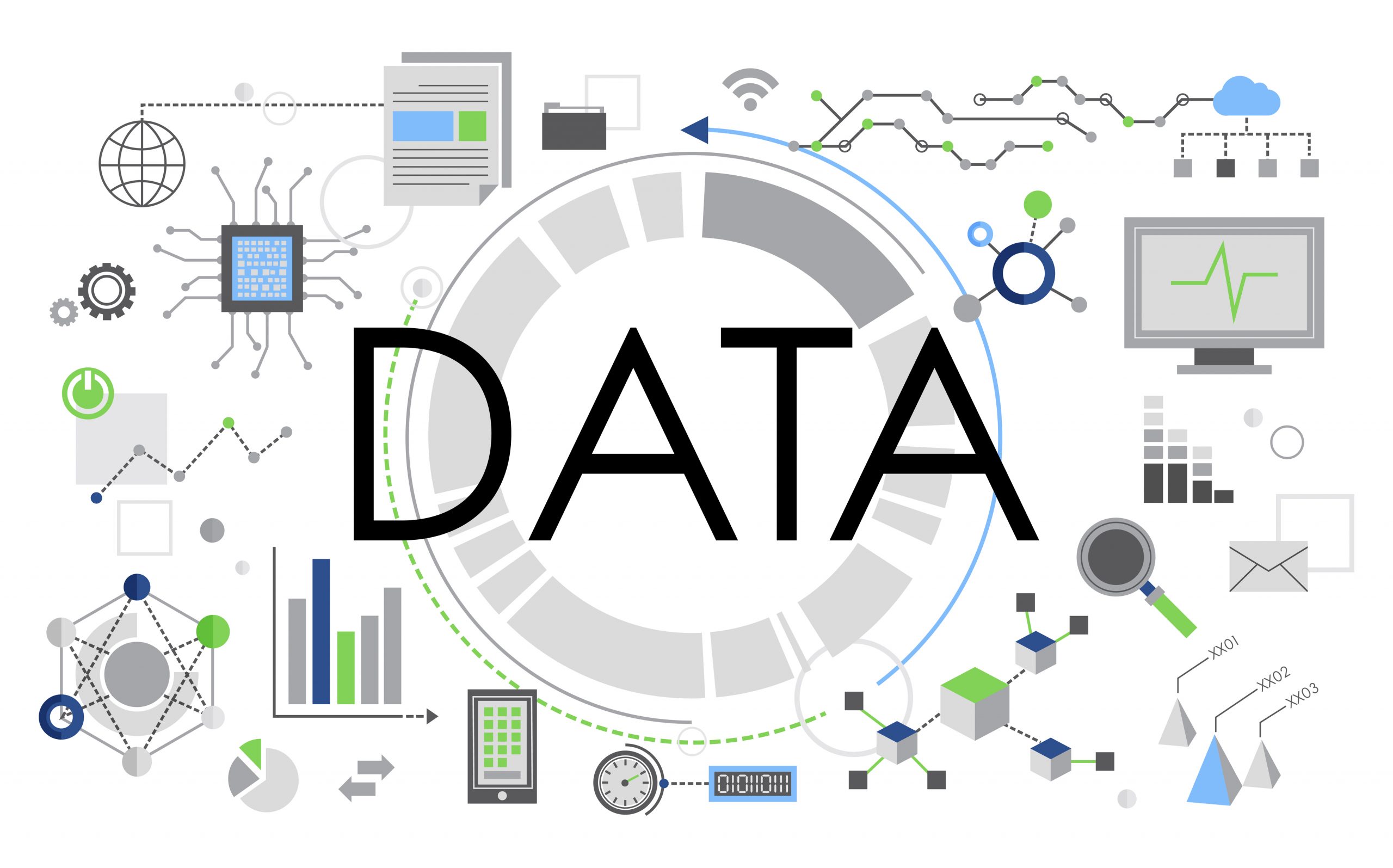Data Science’s Role in Business Growth
Introduction
In today’s data-driven world, businesses are sitting on a goldmine of information. Every click, purchase, and interaction generates valuable data that, when harnessed correctly, can fuel business growth. This is where data science steps in as a game-changer. In this blog, we’ll explore the pivotal role of data science in driving business growth and how it transforms data into actionable insights.
The Data Revolution

The term “big data” has become commonplace, but its significance cannot be overstated. With the advent of the internet, social media, IoT devices, and more, companies now have access to vast amounts of data. However, this treasure trove is only valuable when it’s effectively analyzed and translated into meaningful insights. Here’s how data science plays a critical role in this process:
- Data Collection and Integration: Data scientists collect and consolidate data from various sources, ensuring that it’s accurate, clean, and accessible. This step is crucial as it forms the foundation for all subsequent analysis.
- Descriptive Analytics: This initial phase involves summarizing historical data to provide insights into past performance. Data science tools can help identify trends, patterns, and anomalies, allowing businesses to understand their past operations better.
- Predictive Analytics: Armed with historical data, data scientists use statistical and machine learning models to predict future trends and outcomes. This empowers businesses to make informed decisions and anticipate market changes.
- Prescriptive Analytics: This advanced stage goes beyond predictions. Data science suggests actions to optimize results. It helps answer questions like, “What should we do to achieve our desired outcome?” by simulating different scenarios and recommending the best course of action.
- Machine Learning and AI: Data science leverages machine learning algorithms to automate processes, make real-time recommendations, and continuously improve predictive accuracy. This leads to better decision-making and operational efficiency.
Data Science Impact on Business Growth

- Customer Insights: Data science enables businesses to gain a deep understanding of their customers’ behaviors, preferences, and needs. This knowledge can be used to personalize marketing campaigns, products, and services, increasing customer loyalty and revenue.
- Operational Efficiency: By analyzing data on internal processes and workflows, businesses can identify bottlenecks, streamline operations, reduce costs, and improve productivity.
- Innovation: Data-driven insights often lead to innovation. Companies can identify emerging trends, unmet customer needs, or untapped markets, driving the development of new products and services.
- Risk Management: Predictive analytics helps identify potential risks and threats, allowing businesses to proactively mitigate them. This safeguards the company’s financial health and reputation.
- Competitive Advantage: Businesses that leverage data science gain a competitive edge. They can react swiftly to market changes, optimize marketing strategies, and tailor their offerings to meet evolving customer demands.
- Revenue Growth: Ultimately, all these benefits translate into revenue growth. Improved customer satisfaction, cost savings, and innovative offerings boost a company’s bottom line.
Conclusion
Data science isn’t just a buzzword; it’s a catalyst for business growth in the digital age. By harnessing the power of data, organizations can make informed decisions, optimize operations, and stay ahead of the competition. In a world where data is abundant but insights are invaluable, investing in data science capabilities is not an option; it’s a strategic imperative. As businesses continue to embrace the data revolution, the role of data science will only become more prominent in shaping their success and ensuring sustainable growth.

Talk to us to know more about Data Science